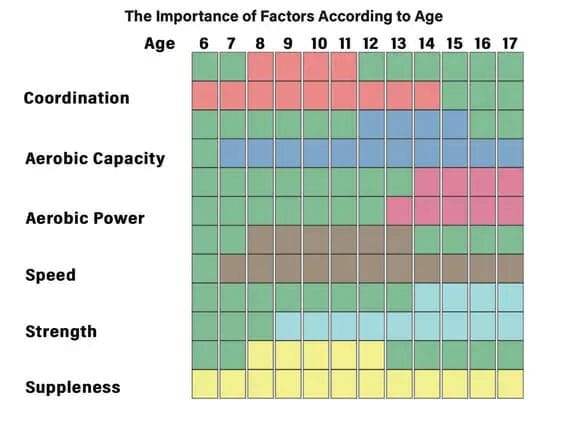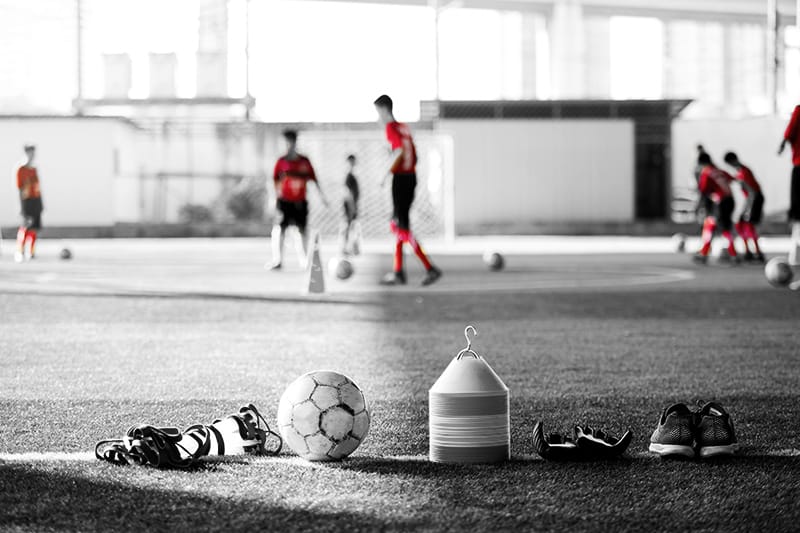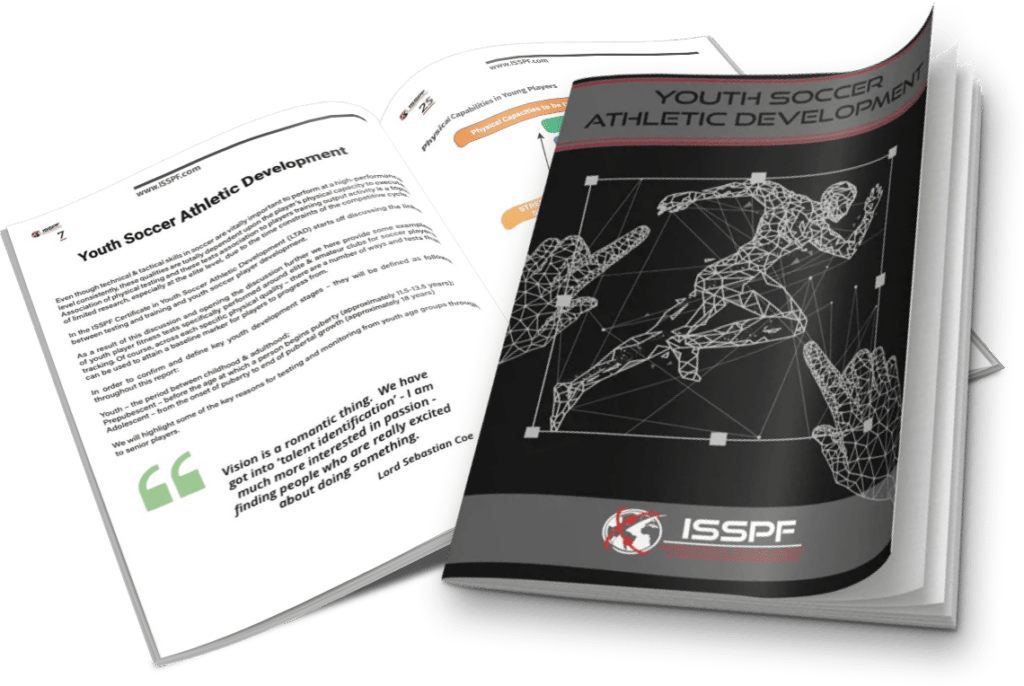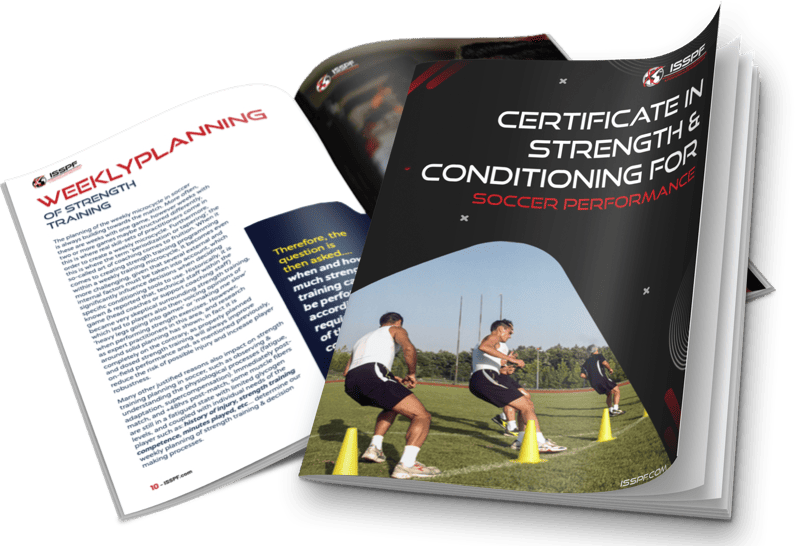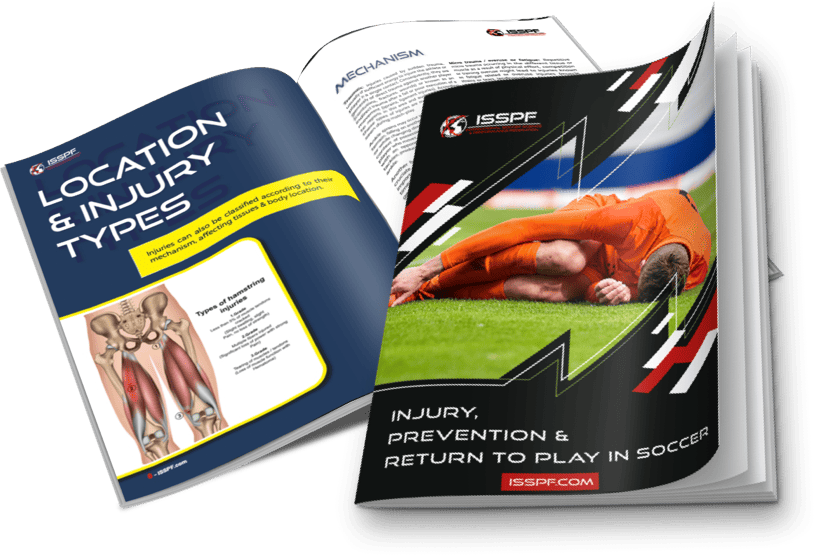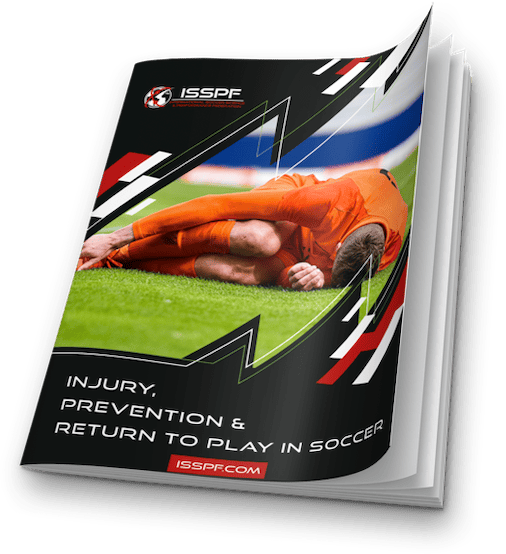Even though technical & tactical skills in soccer are vitally important to perform at a high-performance level consistently, these qualities are totally dependent upon the player’s physical capacity to execute.
Association of physical testing and these tests association to players training output activity is a topic of limited research, especially at the elite level, due to the time constraints of the competitive cycle.
La Masia is fundamental to FC Barcelona’s youth academy strategy. The academy includes more than 300 young players.
It has been a significant factor in Barcelona’s European success, and produced some world class players in the early 2000s.
In 2010, La Masia became the first youth academy to have trained all three finalists for the Ballon d’Or in a single year – Andrés Iniesta, Lionel Messi and Xavi.
One of its next talents is no other than Ansu Fati.
Products of the Barcelona Academy
Even though we talk fondly of developing the technical development of youth players, it’s key that we explore and understand further the physical requirements and long-term athletic development of youth players.
If the building blocks are not laid in the right order young players can be fast-tracked and skip specific areas that will enable elite status.
Recently on report on the exciting young talent revealed how Ansu Fati, is suffering from extreme pains in his knee, and he is struggling to sleep.
At 18 years of age, the young soccer star has already undergone knee operations, with some reports suggesting that a third operation may also be required.
Fati is seen by many as one of the most established forward players within FC Barcelona along with legendary Lionel Messi, Antoine Griezmann, Ousmane Dembele.
Even though young players are technically & tactically capable of performing on the biggest stage with their counterparts, it’s vitally important that we also ensure the balance is there to ensure the physical stature of the players & their maturation stages are considered in order to not limit their progression longer-term.
Sustaining regular injuries at the earlier stage of a flourishing career can have longer term implications.
Within our Youth Soccer Athletic Development (LTAD) online sport science course, the modules start off discussing the links between testing and training alongside youth soccer player development. The focus shifts then towards understanding the building blocks of youth development & the maturation stages of both male & female youth football players & athletes in general.
What is Long-Term Athlete Development?
Long-Term Athlete Development describes how to systematically develop sporting excellence and increase active participation in local, regional, and national sport organizations.
This resource describes the long-term athlete development (LTAD) model, an approach to athlete-centered sport that combines skill instruction with long-term planning and an understanding of human development.
By learning about LTAD, sport administrators and coaches will gain the knowledge and tools to enhance participation and improve performance and growth of athletes.
What should be performed at each individual stage of human development to give every child the best chance of engaging in lifelong, health-enhancing athletic or sporting activity? What gives the best chance for athletic success?
7 Key Factors to LTAD
The model also provides recognition that individuals do go through different stages of growth & maturation & it’s not always a linear pathway. This is due to the fact that, at any stage, a range of physical, psychological, social & environmental factors can affect the ability to participate, train & compete in physical activity.
7 key factors affecting the long-term athlete development process are;
- Physical Literacy – developing the basics
- Sport Specialisation – develop the rounded athlete
- Age
- Trainability – motivation & dedication
- Intellectual, emotional & moral development
- Periodisation – cyclical strategy to peak at the right time (long-term development)
- Competition – progression and key performance indicators
To create optimal training & competition programmes, coaches & teachers need to be aware of the sensitive periods in which training for different body systems have optimal effects. These different body systems include stamina, strength, speed, skill & flexibility.
Join Our Soccer Performance Course
The demand for youth athletic development & coaching specialists in football is growing year upon year.
Thousands of students are leaving university with a sport science degree, however many of them asking the key question – What now?
- How do I get a job in football?
- What’s the next step?
- Which area of sport science do I want to specialise in?
This is certainly an interesting question as progressing from completing a sport science degree to then working in professional football & trying to understanding all the key components, and soft skills that come with jobs in football or careers within sport.
The bespoke courses developed by ISSPF specialists are a way of further exposing sport science students, individuals working within the game & other football science enthusiasts with a thirst to develop further in specialised soccer science & performance areas.
The link below will take you to the hugely popular & expertly designed ISSPF University endorsed & accredited Youth Soccer Athletic Development (LTAD) Online Sports Science Course, where you will be exposed to football science research, practical examples and developmental principles which will help you in developing youth soccer players, whilst further providing an understanding of how these enhancements can benefit you and your role within your own unique sporting environment.
Youth Soccer Athletic Development (LTAD) Online Sports Science Course
This specific performance & football coaching course brings together expert individuals working across some of the world’s leading clubs & organisations with a soccer science viewpoint and justification.
This aims to further aid your understanding of where the football conditioning, nutrition, psychology & physiology of the developing soccer player can be developed in combination with specific sport science training principles & techniques.
How This Course Will Improve You
- Provides latest research findings, & contemporary training methods & detailed insights into youth soccer athletic development.
- Gain a better understanding how to maximise development & the long-term athletic stages across player’s pathway.
- Learn how to balance key training elements from a technical, tactical & physical preparation in order to attain a long-term progressive strategy.
- Help maximise your decision-making when working with pre-pubescent & adolescent age groups.
What Does This Course Cover?
Youth Soccer Athletic Development (LTAD) Online Course
Module 1: Youth testing in soccer
Lecturer: Dr. Darren Paul (England) Aspire Academy, Qatar (Leader in Youth Development)
Module 2: Morphological & Physiological Soccer Profiles: Talent ID & LTAD
Lecturer: Prof. Hassane Zouhal (France) FC Rennes & University of Rennes (Leader in Youth Development)
Module 3: Strength Development in Soccer: Protection for Performance LTAD
Lecturer:
Hamish Munro (England) Bristol City FC (Leader in Youth Development)
Module 4: Long–Term Athlete Development in Youth Soccer part 1
Lecturer: Tsikakis Antonios (Greece) Olympiakos (Leader in Youth Development)
Module 5: Nutritional Support for the Youth Soccer Player: Maturation Status & LTAD
Lecturer: Jack Christopher (England) Chelsea FC (Leader in Youth Development)
Module 6: Building up a model for a Soccer Academy (LTAD)
Lecturer: Alex Segovia Vilchez (Spain) Trabzonspor (Leader in Youth Development)
Module 7: Long–Term Athlete Development in Youth Soccer part 2
Lecturer: Tsikakis Antonios (Greece) Olympiakos (Leader in Youth Development)
Module 8: Training Design & Application in Youth Development (LTAD)
Lecturer: Alex Segovia Vilchez (Spain) Trabzonspor (Leader in Youth Development)
Module 9: Velocity Based Training in an Elite Academy Soccer
Lecturer: Jack Christopher (England) Chelsea FC (Leader in Youth Development)
Module 10: Integrating Physical & Tactical Periodisation in Soccer: Senior & Youth levels
Lecturer: Hamish Munro (England) Bristol City FC (Leader in Youth Development)
Module 11: Youth Physical Development: A Training Proposal for Pre-Pubescent Soccer Players
Lecturer: Alejandro Romero-Caballero (Spain) La Liga (Leader in Youth Development)
Module 12: Youth to 1st Team Link: Overcoming the Psychological Bridge
Lecturer: Dr. Tanja Ecken (Germany) Bundasliga (Leader in Youth Development)
Youth Soccer Athletic Development (LTAD) Online Sports Science Course
Share this article:




